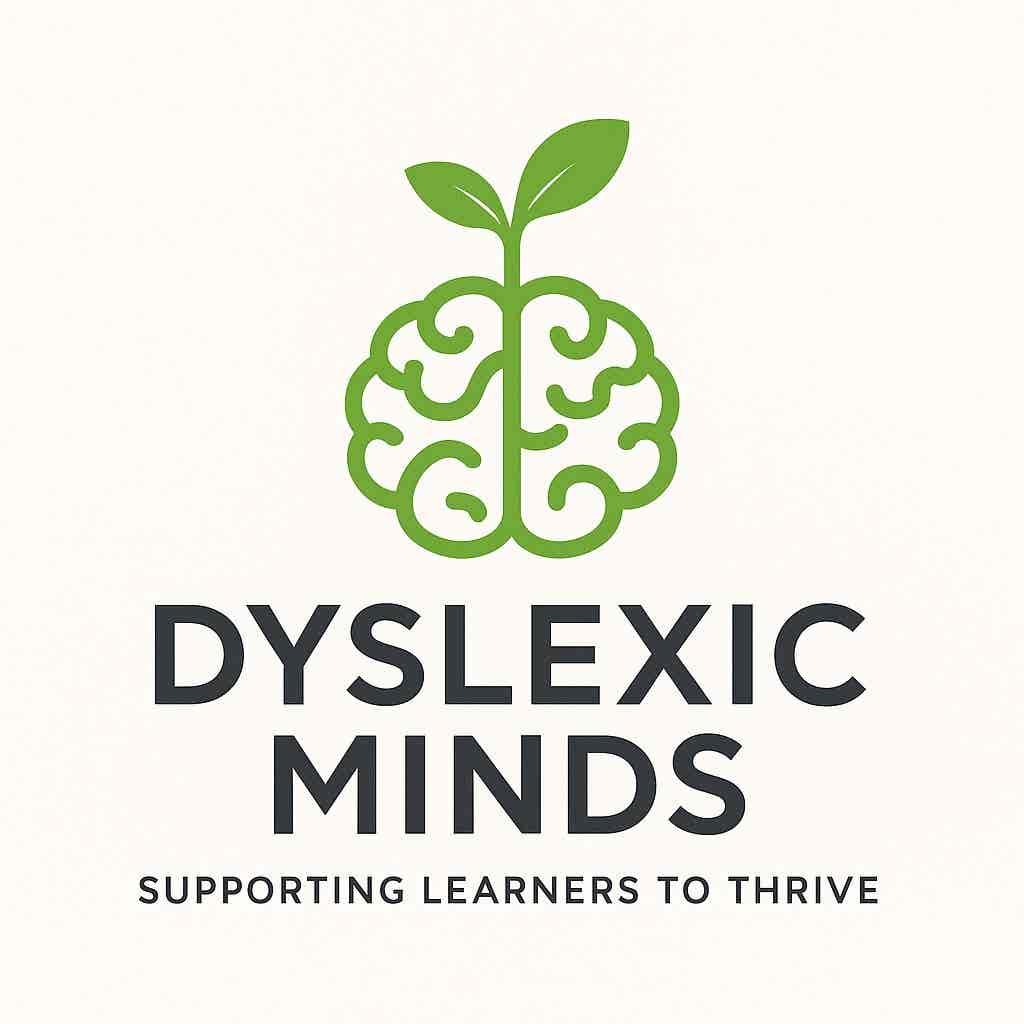
What age is suitable for an assessment?
Guidance suggests that formal diagnostic assessments are typically most reliable from around 8 years old. However, children can benefit from support and early interventions even before this age, helping them develop strategies and confidence as they learn.
How do I know if my child has dyslexia?
You might consider a dyslexia assessment if your child shows one or more of the following signs:
Early milestones not met – delayed speech or language development.
Family history – a parent, sibling, or close relative with dyslexia or other learning differences.
Difficulty with reading – struggles to recognise words, read fluently, or understand text.
Difficulty with spelling – frequent spelling mistakes, inconsistent phonics use, or letter reversals.
Problems with writing – struggles to organise ideas on paper, poor handwriting, or slow writing speed.
Memory and sequencing difficulties – trouble remembering sequences, instructions, or learning new vocabulary.
Avoidance or low confidence in literacy tasks – reluctance to read aloud, complete written work, or participate in literacy activities.
The British Dyslexia Association’s “See Dyslexia Differently” website is a helpful resource that may answer some of the questions that adults or learners themselves have about living with dyslexia.
What does the assessment involve?
The assessment includes a series of tasks designed to understand how your child learns, including aspects of reasoning, memory, and processing. These tasks help build a comprehensive picture of your child’s strengths and areas where support may be beneficial.
Will my child find the assessment stressful?
Every effort will be made to ensure your child feels comfortable and supported throughout the assessment. Information you provide through questionnaires, along with observations during the session, helps guide the process. The assessment is designed to reflect your child’s normal way of working, so they can perform at their best without added pressure.
What if a diagnosis of dyslexia is not made?
Even if a diagnosis of dyslexia is not made, you will still receive a full report outlining your child’s strengths and areas where support may be beneficial. The report can also include recommendations or referrals to other services to help support your child’s learning needs.
Practical Information:
Do I need to bring anything to the assessment?
A water bottle, snacks/lunch (if required)
Glasses/coloured overlay
Any other personal adjustments or tools your child typically uses for learning
Bringing these items helps ensure the assessment reflects your child’s normal way of working.
Can family members attend?
If the assessment takes place in the assessor’s home, only the parent or guardian will be invited to drop off and collect the child at an agreed time. This helps ensure a quiet, focused environment for your child. If helpful, children are welcome to visit the assessment space beforehand to become familiar with the setting and feel more comfortable on the day.
Is there anything my child should do to prepare?
No special preparation is needed. It’s helpful if your child is well-rested, has had something to eat, and brings any usual learning tools such as glasses or coloured overlays. Encouraging them to approach the day as a normal learning activity will help them feel comfortable and ready to do their best.
When and how will I receive the report?
The report is usually provided within 4 weeks of the assessment. If it is not possible to complete the report within this timeframe, the parent or guardian will be informed at the time of booking. The report will be emailed securely to the parent or guardian and password protected.
What information will the report include?
The report provides a clear overview of your child’s strengths, learning needs, and areas where support may be beneficial. It includes observations from the assessment, practical recommendations for home and school, and guidance on strategies to help your child succeed. The aim is to give a comprehensive picture of your child’s learning profile in a way that is easy to understand and use.
Can schools or teachers use the report?
Yes. With your permission, the report can be shared with your child’s school or teachers. It provides valuable information to help them understand your child’s learning profile and implement appropriate support and strategies in the classroom.
Is the assessment confidential?
Yes. All information gathered during the assessment, including questionnaires, observations, and the report, is kept strictly confidential. The report will only be shared with others, such as teachers or professionals, with your permission.
For more details on how we collect, use, and store personal information, please see our Privacy Policy.
What if my child has additional learning difficulties?
If your child has other learning difficulties or developmental concerns, it is recommended to explore these first before pursuing a dyslexia assessment. This helps ensure that the assessment is appropriate and that any support strategies are tailored effectively to your child’s needs.
Can I discuss my child’s progress after the assessment?
After the assessment, you’ll have a chance to talk through your child’s progress and any observations. Full results and recommendations will be shared later in the final report once all the information has been carefully review